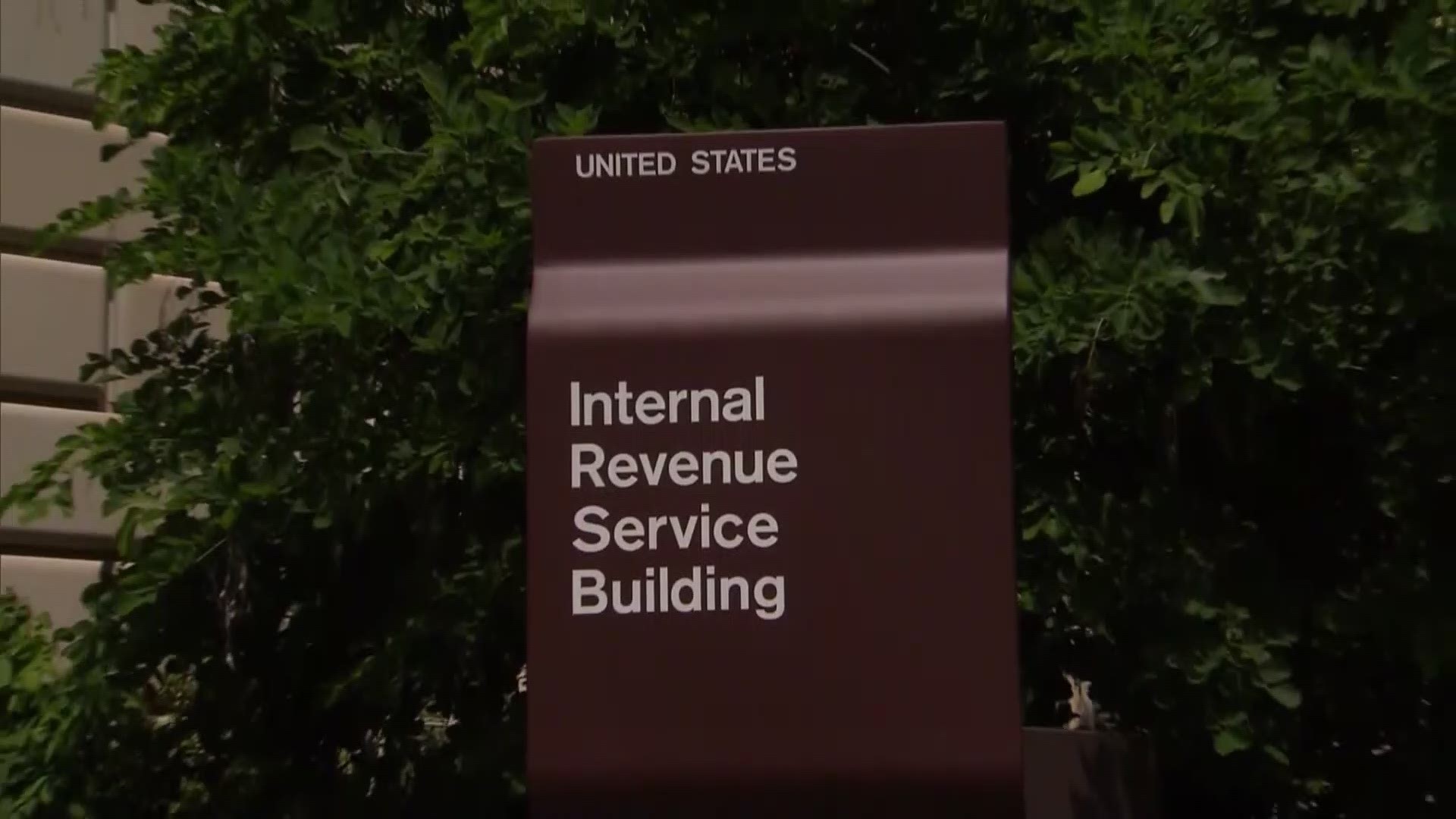SPOKANE, Wash — Millions of Americans began receiving their stimulus payments this week, but many of them may not get the full amount.
That's because certain debts may end up getting garnished from their checks.
But, depending on the kind of debt and where you live, your money might be protected. Here's a breakdown.
Money owed to federal government
Any kind of debt you owe the federal government will not affect your stimulus check.
That means back taxes or defaulted federal student loans will not be deducted from your payment.
To be clear, however, if you filed your 2019 tax return and ended up owing money, the IRS can still collect that amount. However, that will be a completely separate transaction unrelated to the stimulus. You'll still receive the full check you're due.
If you want to avoid making that payment, you might want to take advantage of the postponed tax day and wait until after you receive your stimulus check to file. The new due date is July 15. Know, however, that without a 2019 return, the IRS will use your 2018 return to determine how much stimulus money you qualify for.
Child support
Child support can be deducted from your stimulus payment.
In fact, it's the one form of debt specifically listed in the CARES Act (the law that created the payment program) as garnishable.
Money owed to bank
If the IRS has your direct deposit info on file, you'll be receiving your stimulus that way, given that it's much faster than the paper check process that could take months.
That also means, however, your payment may be susceptible to any debts you owe the bank that holds the account to which your stimulus money is deposited.
In other words, if you have overdue bank fees or delinquent loans, your bank may be able to take some or all of your check to pay those debts.
It's important to note this isn't explicitly allowed by the CARES Act, but it isn't prohibited either. And a recording of a meeting between Treasury Department and banking leaders, obtained by news outlet The American Prospect, revealed the treasury is allowing banks to make their own decisions here.
Private debts
Whether or not other forms of debt with garnishment orders can affect your stimulus payment depends on where you live.
In Washington, Governor Jay Inslee joined several other states in protecting stimulus checks from private debt. He signed a proclamation that, for at least the next month, actually prohibits most garnishments not only on the payments but on ordinary wages as well.
In Idaho it appears normal garnishment laws are still in effect, meaning if you have an order against you, creditors could try to take some of your stimulus money.
Some experts say the best way to prevent that could simply be withdrawing the cash before the creditors can get to it. Or, if you get a paper check rather than direct deposit, cash the check directly instead of putting it in the bank.
This issue is also one that dozens of attorneys general across the country, including Washington's Bob Ferguson, have formally asked Treasury Secretary Steve Mnuchin to address.
In a letter, they requested the treasury use the power given to it in the CARES Act in order to declare stimulus money off-limits to creditors.
So far, the treasury has not done that.

